Photographs: Reuters BS
Social media is the new advertising tool for today's politicians and political parties.
On an average day, Delhi Chief Minister and Aam Aadmi Party founder Arvind Kejriwal manages to find time to tweet and retweet.
On social networking site Twitter, he’s followed by 1.1 million people, to whom Kejriwal, 45, drives home his point of a corruption-free society and polity.
Unlike conventional advertising, such communication is neither loud nor shrill. It is, as experts say, a clever way of influencing just the right set of people — primarily young people who don’t mind venting their emotions on social mediaand are keen to make a difference.
Kejriwal isn’t alone in this endeavour.
…
How politicians are using social networks to woo voters
Image: Narendra ModiPhotographs: Reuters
Narendra Modi, Gujarat chief minister and the Bharatiya Janata Party’s prime ministerial candidate, has 3.1 million followers on Twitter. This audience has become a potent tool for Modi to shape opinion.
On Tuesday, Modi tweeted his picture with Bollywood actor Salman Khan. The two met in Gandhinagar, Gujarat, and flew kites on the occasion of Uttarayan.
Modi also wasted no time in greeting all on the occasion of Id-e-Milad. He also wished those celebrating Pongal, Bhogali Bihu and Lohri, all harvest festivals in different states.
…
How politicians are using social networks to woo voters
Photographs: Reuters
Major medium
Of late, social media has emerged as a major medium for politicians to communicate with people in the run-up to the general elections this year.
And, the two-way dialogue social media allows has come as icing on the cake for many to course-correct.
…
How politicians are using social networks to woo voters
Photographs: Reuters
Growing numbers
K V Sridhar, chief creative officer, India subcontinent, Leo Burnett, says, “Unlike general elections in the past, the 2014 Lok Sabha elections hinges on a large number of young voters coming out to cast their ballot.
“On a broader level, I found people of all age groups have shown keen interest in voting, as was evident during the Assembly elections last year. Citizen activism has grown following the Anna Hazare movement against corruption and the emergence of the Aam Aadmi Party.
…
How politicians are using social networks to woo voters
Image: Rahul Gandhi.Photographs: Reuters
“Politicians and political parties have been watching these trends emerge and will go to the place where they feel Indians looking for a change will congregate. That avenue is social media.”
According to a recent report by the Internet and Mobile Association of India, by the time the elections to the 16th Lok Sabha are held in April-May this year, social media users in major Indian cities will stand at about 80 million. Political parties are keen to tap this audience.
If ad sector sources are to be believed, Congress Vice-President Rahul Gandhi will mark his presence on Twitter and Facebook soon. Currently, the 43-year-old leader has no personal Facebook or Twitter accounts, unlike many of his rivals.
…
How politicians are using social networks to woo voters
Image: Rahul GandhiPhotographs: Reuters
Agencies such as Taproot-Dentsu and Burson Marstellar are said to have been given the mandate to manage advertising and public relations for Gandhi and the Congress party.
Executives from the two agencies weren’t immediately available for comment.
Mainstream to stay
Dhunji Wadia, president, Everest Brand Solutions, however, says the use of mainstream media such as print and TV by political parties will not be done away with. “Campaigns such as Bharat Nirman and initiatives the Congress undertook during their tenure so far have been advertised by the party on television. A second burst could happen close to the elections,” he says.

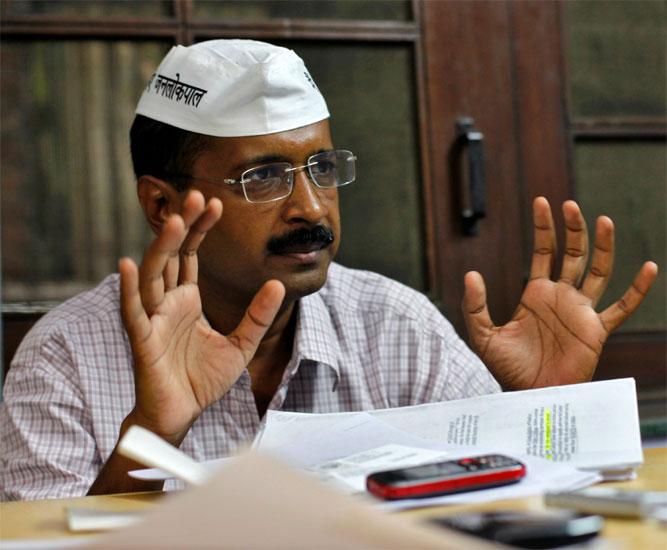
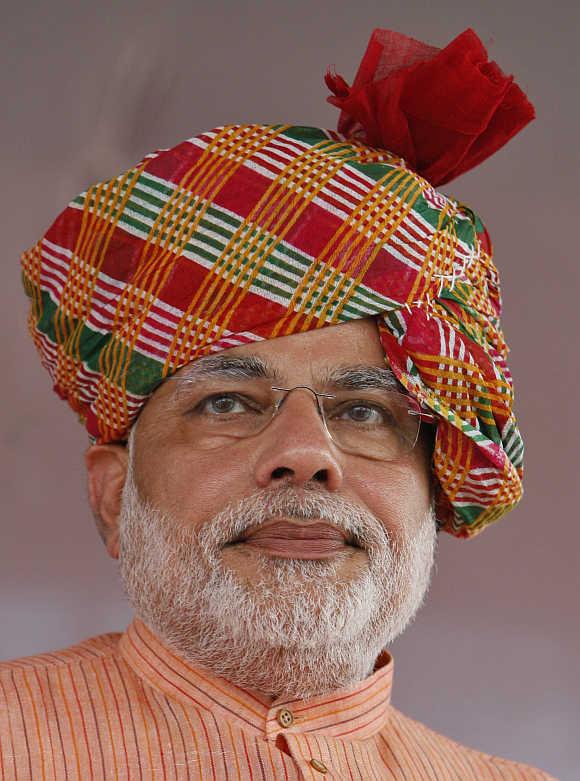
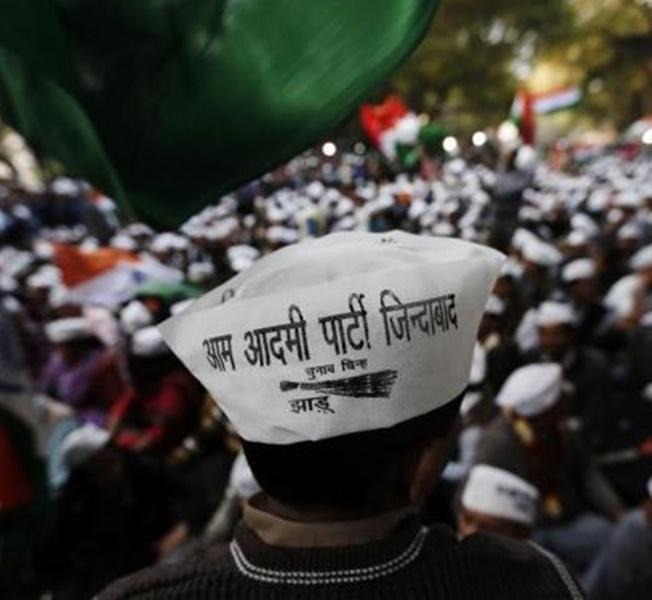
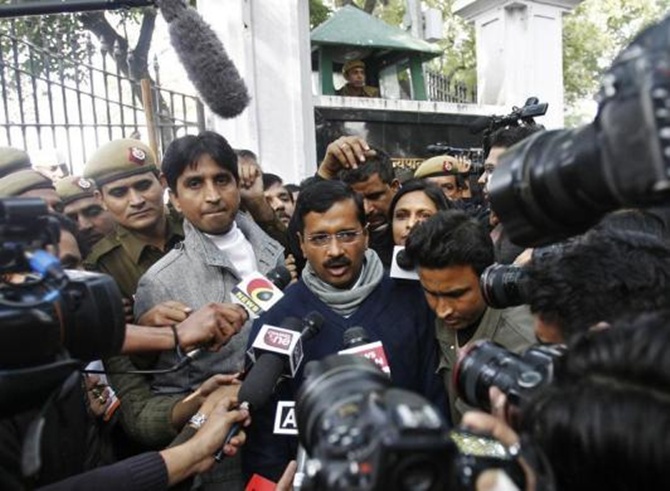
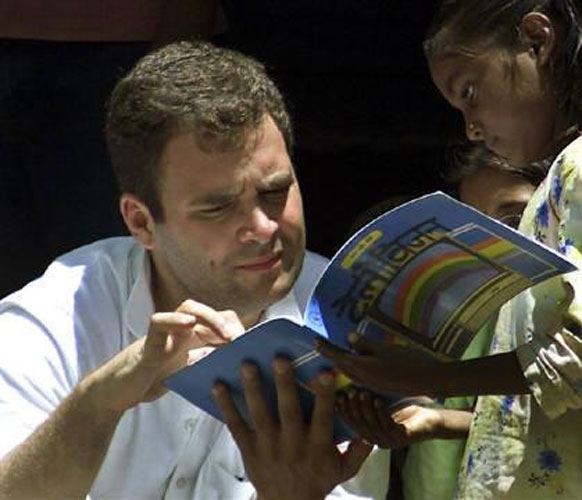
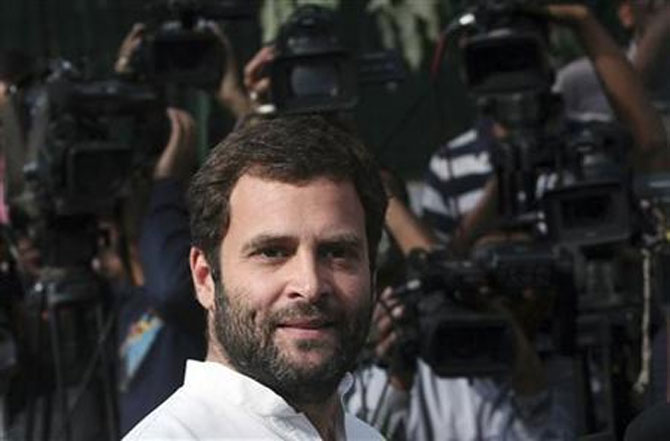

article